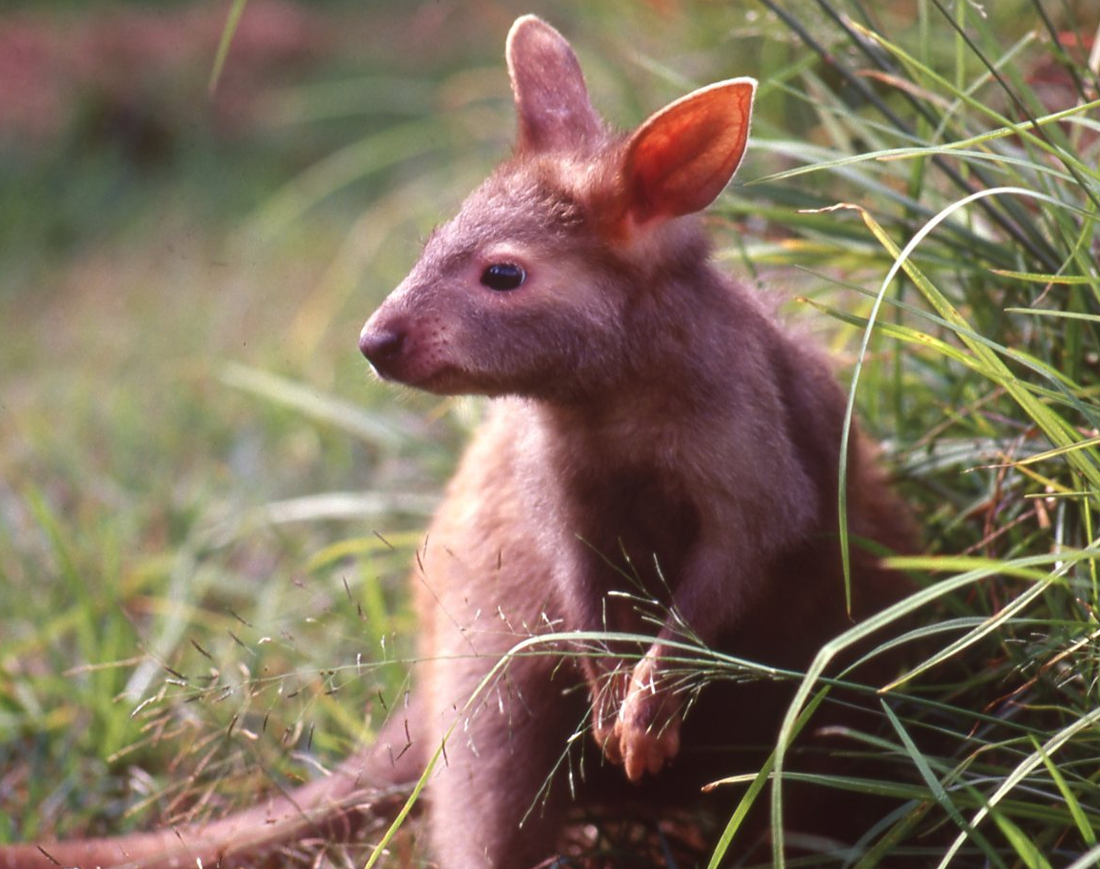
Caring for Australian Wildlife – new book release in June 2020
This revised edition provides the most up-to-date information on the care of sick, injured and orphaned wildlife in Australia. For new wildlife carers, this book

This revised edition provides the most up-to-date information on the care of sick, injured and orphaned wildlife in Australia. For new wildlife carers, this book
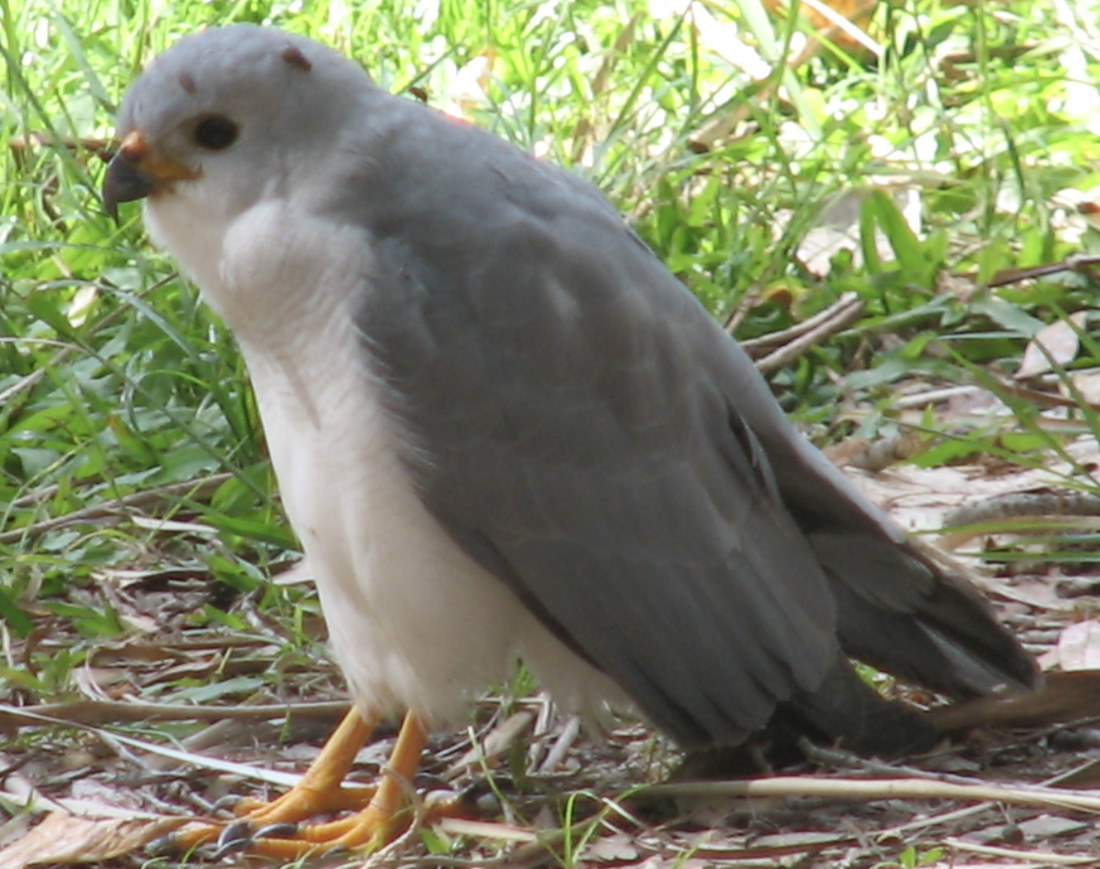
Many people in the community come across sick or injured wildlife in their backyards. In many cases the very first thing they want to know
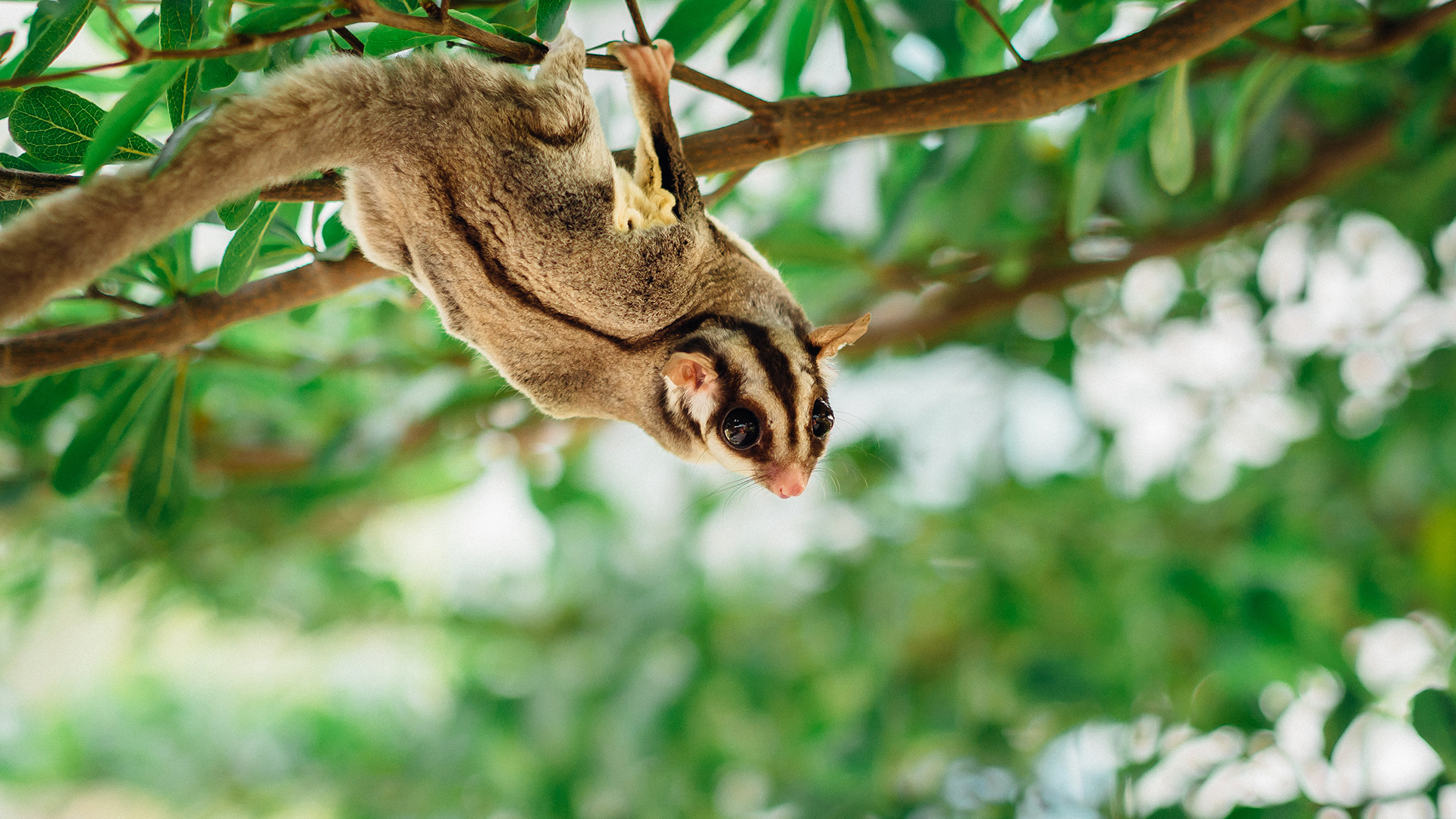
After native animals are rescued, treated for shock and identified – only then is it time to consider what to feed it. A responsible wildlife
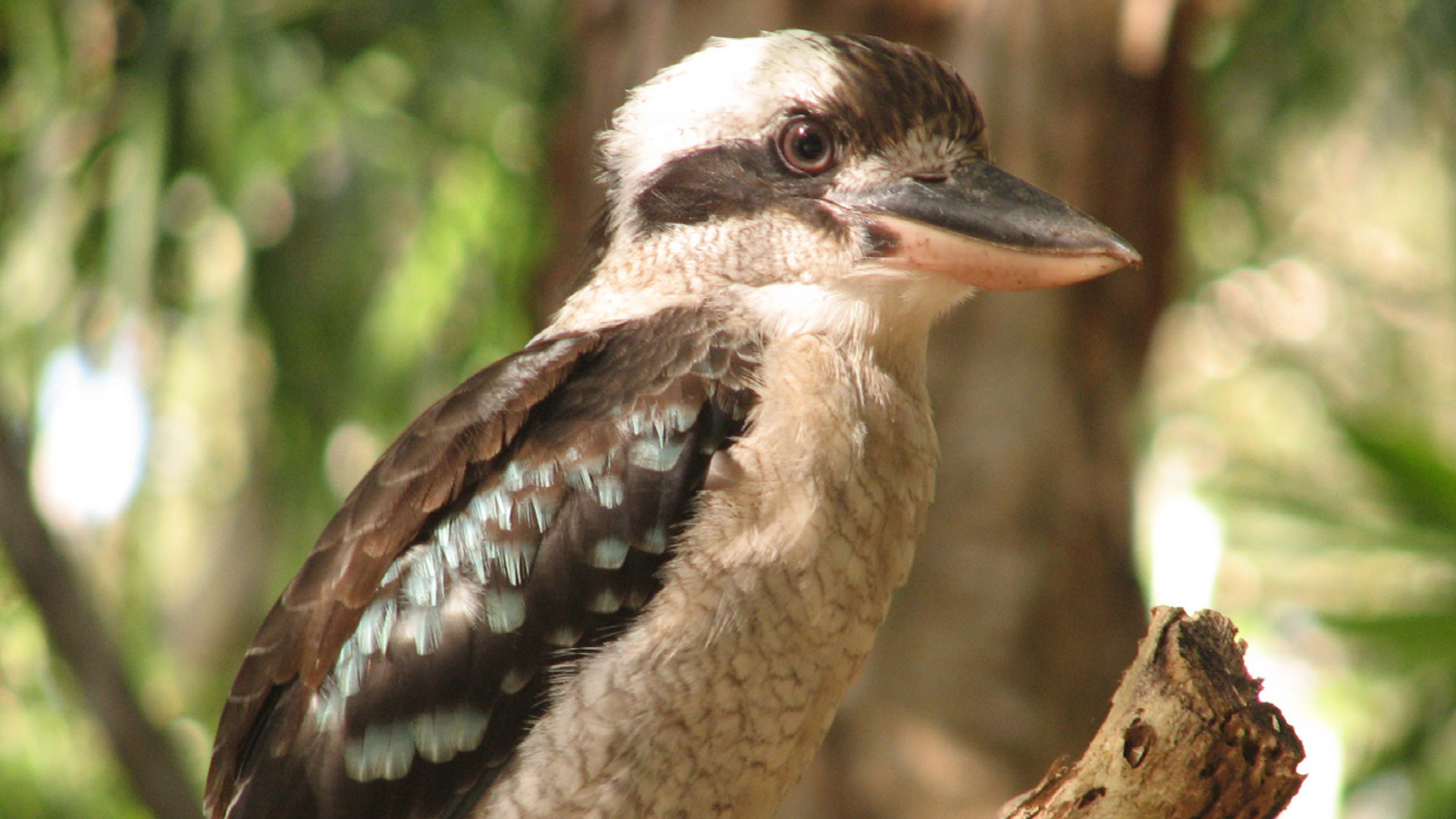
After native animals are rescued, they usually require treatment for shock, so please don’t feed them. The first 24 hours of care are so important
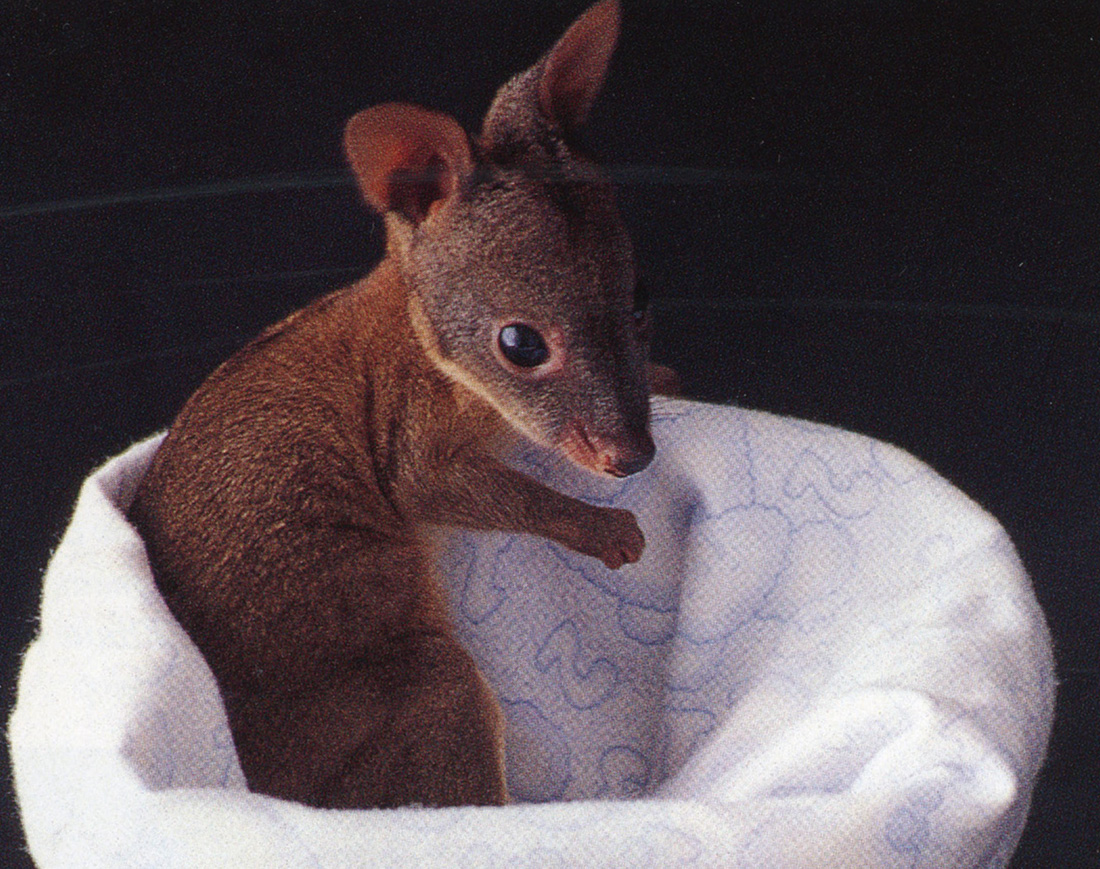
When you care for a native animal, such as this orphaned Red-necked Pademelon, you are responsible for all aspects of its welfare. The first step